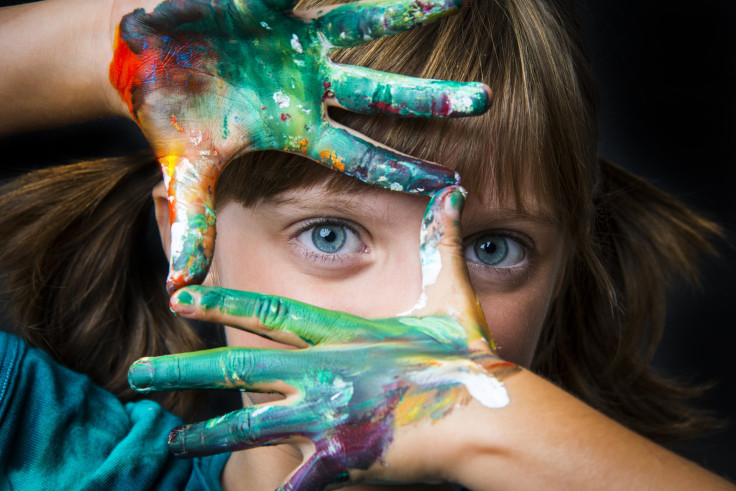Does Lying Make You More Creative? Both Dishonesty And Creativity Involve ‘Rule-Breaking’

Are dishonesty and creativity intertwined? Authors of a new study claim that lying and the act of coming up with new ideas using your imagination have something (or a lot) in common: rule-breaking. The researchers found that lying about performance on one task may actually improve creativity on the next task by helping people feel like they can break rules.
“The common saying that ‘rules are meant to be broken’ is at the root of both creative performance and dishonest behavior,” lead researcher Francesca Gino of Harvard Business said in the press release. “Both creativity and dishonesty, in fact, involve rule breaking.”
In the study, the researchers gave participants tests and number matrices that left them an obvious option to cheat. They were told they would be compensated based on how many number matrices they solved correctly, and were able to self-report — which gave them the possibility of inflating their own performance (lying, essentially). Meanwhile, the researchers were able to track their actual performance and compare it to what they self-reported, in order to discover whether they were lying.
In the next task, the participants were given sets of three words and told to come up with a fourth word related to each word in the set, an example of what is referred to as “remote associates,” a way of measuring creativity. Nearly 59 percent of the participants cheated.
According to the study, cheating on the number matrices was associated with a boost in creative thinking on the next task — “cheaters figured out more of the remote associates than those who didn’t cheat,” the press release states. The cheaters possessed a “heightened feeling of being unconstrained by rules,” the authors write.
“We turned the relationship upside down, in a sense,” Gino said in the press release. “Our research raises the possibility that one of the reasons why dishonesty seems so widespread in today’s society is that by acting dishonestly we become more creative — and this creativity may allow us to come up with original justifications for our immoral behavior and make us likely to keep crossing ethical boundaries.”
Gino’s previous work at Harvard Business School has explored the link between creativity and dishonesty. In 2011, she studied whether creativity works to increase dishonesty, rather than the other way around. Their findings showed that people who have higher creativity are more likely to cheat more and partake in unethical behavior.
Published by Medicaldaily.com



























